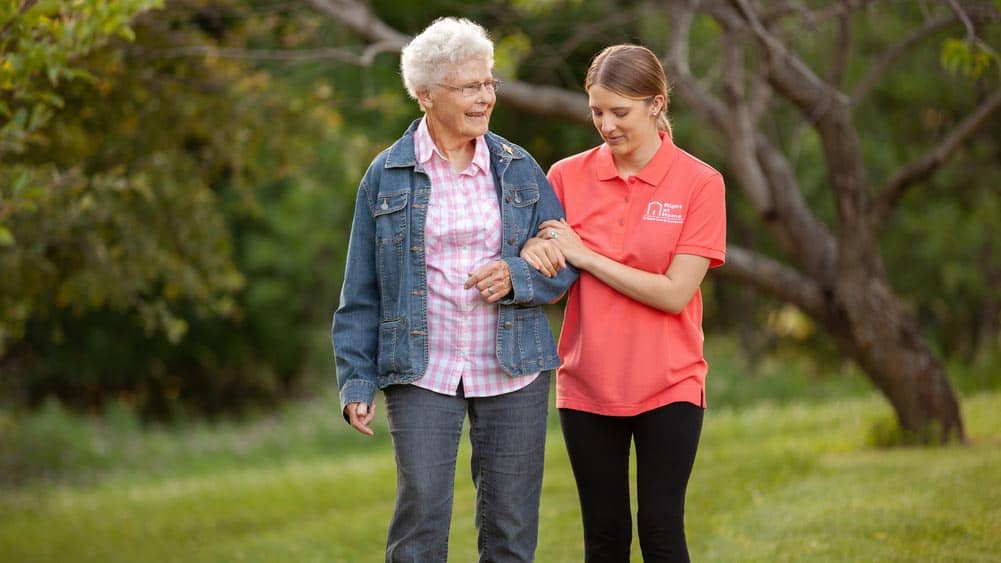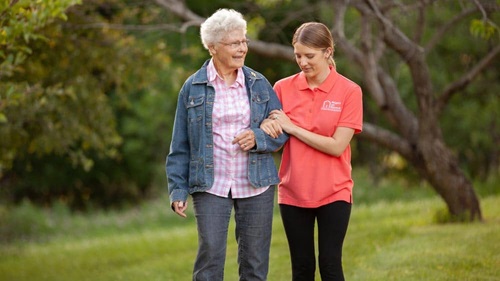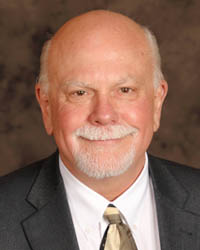

Facing a Parkinson’s Diagnosis
Receiving a diagnosis usually brings a mixed bag of emotions. You may be relieved to find answers to questions about your health or symptoms—a welcome explanation for the previously unexplained. At the same time, you may question the way a diagnosis will change your life moving forward, and not fully understand the implications.
Parkinson’s disease (PD) is a progressive neurodegenerative disorder that affects movement control. It typically develops gradually, starting with minor tremors and stiffness and eventually leading to more severe symptoms that can significantly impact a person’s quality of life. The primary cause of Parkinson’s disease is the loss of dopamine-producing cells in the brain.
PD is called a movement disorder because of the tremors, slowness, and stiffening it causes. It’s important to understand that PD can also have non-movement symptoms. These include loss of smell, mental health problems, fatigue, small handwriting, speech issues, cognitive problems, and sleep disorders.
There are a million people living with PD, and more than 90,000 receive a diagnosis every year. If you or a loved one are among this group, the first thing you need to know is that you are not alone. There is a myriad of support groups both on- and offline for people living with PD, their caregivers, and their loved ones. It’s possible to live well with PD.
If someone has been newly diagnosed with Parkinson’s disease, it’s essential to understand the following key points:
Education: Learn as much as possible about Parkinson’s disease, including its symptoms, progression, and available treatments. Understanding the condition can help individuals and their caregivers manage it more effectively.
Treatment options: Parkinson’s disease is currently incurable, but various treatments can help manage symptoms and improve quality of life. These may include medications, physical therapy, occupational therapy, speech therapy, and in some cases, surgery (such as deep brain stimulation).
Lifestyle modifications: Adopting a healthy lifestyle can help individuals manage their symptoms and overall well-being. This may involve regular exercise, a balanced diet, adequate sleep, stress management techniques, and avoiding potential exacerbating factors like certain medications or environmental toxins.
Support network: Building a strong support network of family, friends, healthcare professionals, and support groups can provide emotional support, practical assistance, and valuable resources for managing Parkinson’s disease. The Parkinson’s Foundation has many resources available to support people with PD and their loved ones.
Proactive approach: Parkinson’s disease is progressive, but taking an active role in managing your symptoms may help you maintain your independence and your state of mind. This may involve regular monitoring, communication with healthcare providers, and adjustments to treatment plans as needed.
While there is no known cure for PD, research is underway to learn more about how the disease progresses. People with Parkinson’s disease are needed to participate in research studies as researchers work toward a cure. Consider joining a research study.
Parkinson's Is A Complex Condition
Understanding Parkinson's disease is crucial for family members supporting their loved ones. Here are some key points to consider and know.
Symptoms Vary — Parkinson's manifests differently in each person. Symptoms may include tremors, stiffness, slowness of movement, and balance issues. Being aware of these variations helps in providing personalized care and support.
Importance of Medication Management — Parkinson's medications play a vital role in symptom management. Family members should be familiar with the prescribed medications, dosages, and schedules to ensure consistency and effectiveness.
Impact on Daily Life — Parkinson's can affect various aspects of daily life, from mobility and communication to mood and cognition. Patience, understanding, and empathy are essential when assisting with daily tasks and providing emotional support.
Communication Challenges — As the disease progresses, individuals with Parkinson's may experience difficulties with speech and expression. Encourage patience and actively listen to overcome communication barriers effectively.
Lifestyle Modifications — Adopting a healthy lifestyle, including regular exercise, balanced nutrition, and adequate rest, can help manage Parkinson's symptoms and improve overall well-being. Family support in implementing and maintaining these lifestyle changes is invaluable.
Seek Support — Parkinson's disease can be emotionally challenging for both individuals and their families. Seek support from healthcare professionals, support groups, and community resources to navigate the journey together.
Understand You Are Not Alone
Facing a Parkinson's diagnosis can feel overwhelming, but you are not alone. If you or a loved one are navigating this journey, here are some invaluable local resources in NW Oklahoma City to lean on. Consider reaching out for help or using resources for support.
Parkinson's Support Groups — Connect with your local Oklahoma Parkinson’s Alliance and connect with others who understand your journey through local support groups. Sharing experiences and advice can provide comfort and valuable insights. There are many exercise and physical therapy programs offered: Parkinson’s Boxing, Wellness Recovery, Cycling, Dance and More, Balance and Strength and many more.
Movement Disorder Specialists — Seek guidance from specialists who have expertise in Parkinson's disease. They can offer tailored treatment plans and support for managing symptoms.
Physical and Occupational Therapy Services — Access specialized therapy services to improve mobility, independence, and quality of life. These professionals can provide valuable exercises and strategies.
Community Events and Workshops help you stay informed and engaged by attending local events and workshops focused on Parkinson's disease. These gatherings offer opportunities to learn, connect, and find inspiration.
Oklahoma Parkinson’s Alliance offer opportunity to give and help with fund raising. Our Right at Home office is very engaged with the Parkinsons Top Golf event along with annual Parkinson’s Rally Walk in Oklahoma City is May 4, Lawton, May 11, Tulsa Oklahoma, June 11th.
Compassionate, Understanding Care
It’s important for individuals newly diagnosed with Parkinson’s disease to work closely with their healthcare team to develop a personalized treatment plan tailored to their specific needs and goals. With proper management and support, many people with Parkinson’s disease can continue to lead fulfilling lives despite the challenges posed by the condition.
At Right at Home Northwest Oklahoma City, we're committed to providing compassionate support and empowering families affected by Parkinson's disease. If you have any questions or need assistance, don't hesitate to reach out. Together, we can face Parkinson's with knowledge, resilience, and compassion.